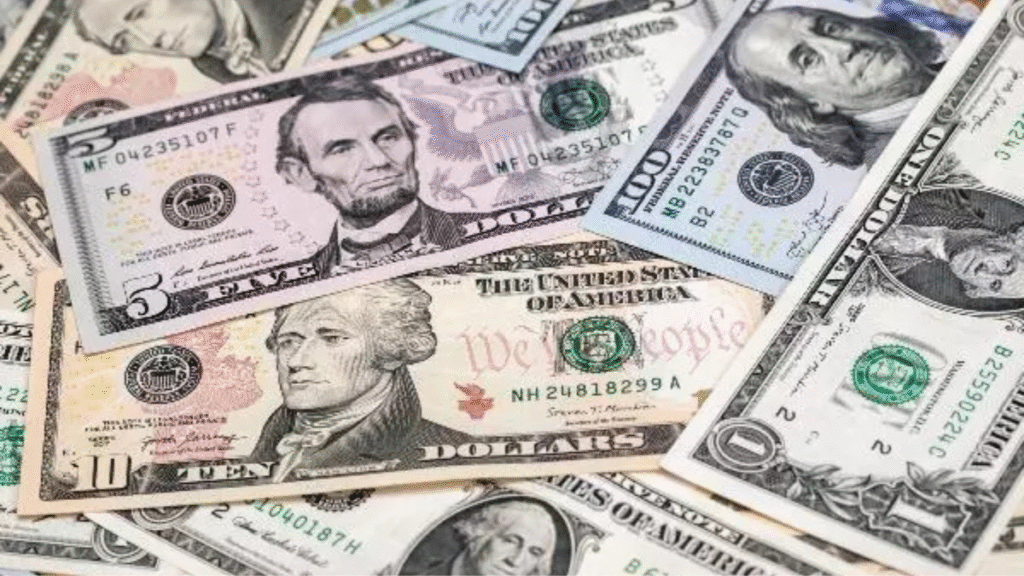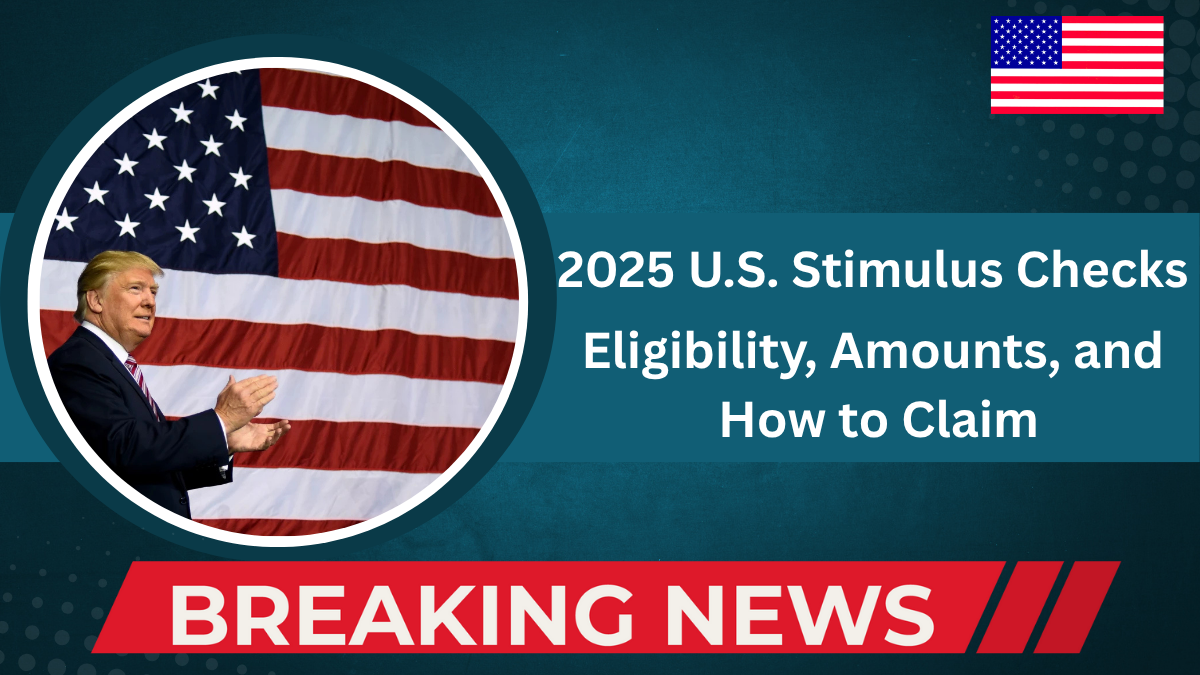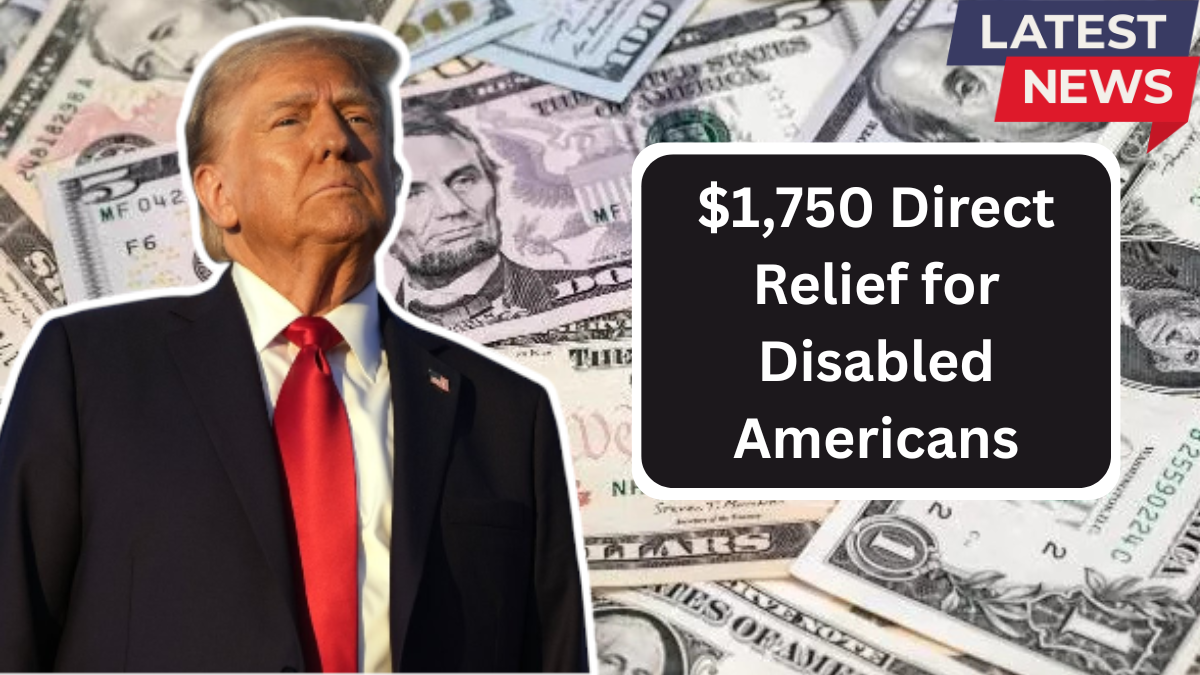As of June 2025, various stimulus programs are in effect across the United States, offering financial relief to eligible individuals and families. These programs include federal initiatives like the Recovery Rebate Credit and state-specific payments aimed at addressing economic challenges. This guide provides an overview of the available stimulus checks, their eligibility criteria, and how to claim them.
Federal Stimulus Programs
1. Recovery Rebate Credit (Up to $1,400)
The Recovery Rebate Credit is available to individuals who did not receive the full amount of the third Economic Impact Payment (EIP) issued in 2021. Eligible individuals can claim this credit when filing their 2021 tax return.
Eligibility Criteria:
- Filing Status and Income Limits:
- Single filers: Adjusted Gross Income (AGI) up to $75,000.
- Married couples filing jointly: AGI up to $150,000.
- Head of Household filers: AGI up to $112,500.
- Tax Filing: Must have filed a 2021 tax return.
- Citizenship and Residency: Must be a U.S. citizen or resident alien with a valid Social Security Number.
Payment Amount:
- Up to $1,400 per eligible individual or dependent.
Payments are phased out for higher-income earners. For example, single filers with an AGI between $75,000 and $80,000, or married couples with an AGI between $150,000 and $160,000, will receive a smaller amount.
2. Child Tax Credit (Up to $3,600 per Child)
The Child Tax Credit provides financial assistance to families with dependent children under age 17.
Eligibility Criteria:
- Age of Children: Must have children under age 17.
- Income Limits:
- Single filers: AGI up to $75,000.
- Married couples filing jointly: AGI up to $150,000.
- Head of Household filers: AGI up to $112,500.
Payment Amount:
- $3,600 per child under age 6.
- $3,000 per child aged 6-17.

State-Specific Stimulus Programs
1. Alaska Permanent Fund Dividend (PFD)
Alaska residents are eligible for the Permanent Fund Dividend, which distributes a share of the state’s oil revenue to its citizens.
Eligibility Criteria:
- Residency: Must have been a resident of Alaska for the entire calendar year preceding the application.
- Absence Limitations: Must not have been absent from Alaska for more than 180 days during the qualifying year, except for specific reasons such as military service, education, or health care.
- Felony Convictions: Individuals convicted of a felony during the qualifying year may be disqualified from receiving the PFD.
Payment Amount:
- $1,702 per eligible resident for 2025.
2. Colorado TABOR Refund
Colorado residents are eligible for a refund under the Taxpayer’s Bill of Rights (TABOR), which mandates that excess state revenue be refunded to taxpayers.
Eligibility Criteria:
- Residency: Must be a resident of Colorado.
- Income Limits: Refund amounts vary based on income and filing status.
Payment Amount:
- Up to $1,130 for married couples filing jointly.
3. New York Inflation Refund
New York residents may be eligible for an Inflation Refund aimed at providing relief from rising living costs.
Eligibility Criteria:
- Residency: Must be a resident of New York.
- Income Limits:
- Single filers: Income up to $150,000.
- Married couples filing jointly: Income up to $300,000.
Payment Amount:
- Up to $500 for married couples filing jointly.
❓ Frequently Asked Questions (FAQs)
Q1: How can I check if I’m eligible for a stimulus check?
A1: You can check your eligibility by visiting the official IRS website at IRS.gov. The site provides tools to check your payment status and eligibility.
Q2: What should I do if I missed the April 15, 2025 deadline to file my 2021 tax return?
A2: If you missed the deadline, you may still be able to claim the Recovery Rebate Credit by filing your 2021 tax return as soon as possible. However, eligibility for late claims may be limited.
Q3: Will I receive a stimulus check automatically?
A3: Some individuals may receive automatic payments if they were eligible and filed their tax returns. However, others may need to file a tax return to claim their payment.
Q4: How will I receive my stimulus payment?
A4: Stimulus payments are typically issued via direct deposit or check. Ensure that the IRS has your correct banking information to receive payments promptly.
Q5: Are there any scams related to stimulus payments?
A5: Yes, be cautious of scams. The IRS will never contact you via email or text message to request personal information. Always verify information through official IRS channels.























